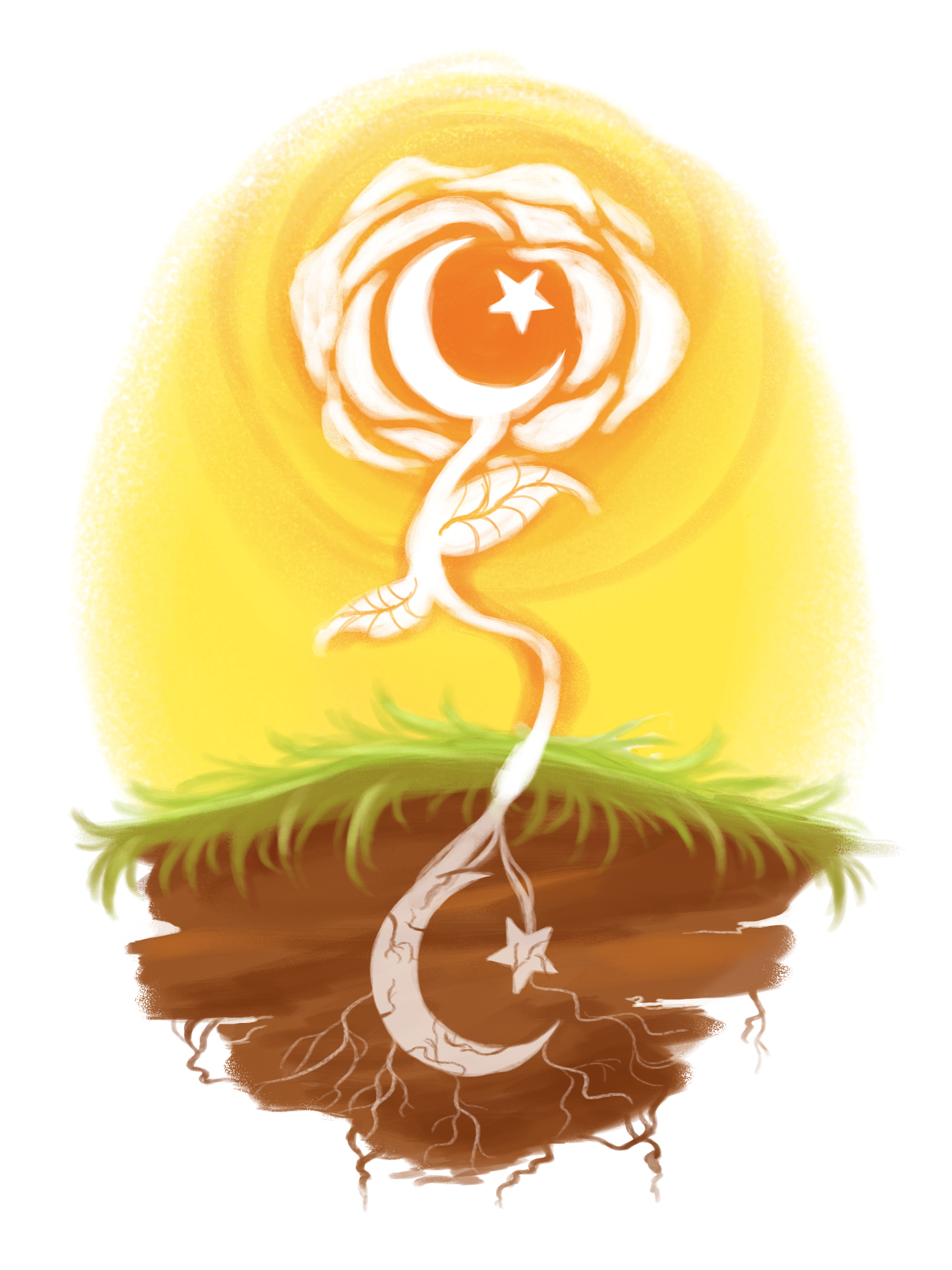As a young Muslim student, I have watched as sentiments of “Islamophobia” began sweeping through the country during the last few years, and especially the last couple months in the aftermath of the so-called “Ground Zero Mosque” controversy.
In Florida, Pastor Terry Jones burned Qurans. Even as close as Orange County, there were virulent Islamophobic protests at a Muslim fund-raiser.
These incidents were alarming but still seemed remote. I live in the liberal bastion of Los Angeles and go to a prestigious, diverse university. Little did I know that while these incidents were happening around the country, they were also happening much closer to home.
While there is a discrepancy regarding the exact number of incidents, the university police confirmed that there were multiple police reports filed by female Muslim students who where harassed and followed around campus last fall.
In the first few weeks of fall quarter, Yannina Casillas was walking through Westwood when a complete stranger began following her and yelling racial slurs. Casillas, a fourth-year anthropology student, was singled out because she wore a head scarf, or hijab.
Second-year microbiology, immunology and molecular genetics student Sarah Bundogji was also harassed on campus because she wears a hijab. She was told, “If you think your modesty will take you to heaven, you are wrong.”
Clearly, changes need to be made within our community, and this week’s Islam Awareness Week at UCLA provides a starting point. Islam Awareness Week includes a series of events sponsored primarily by Muslim Union, which is under the umbrella organization Muslim Student Association.
Events include an educational panel on women in Islam, a fast-a-thon benefitting victims of the Japan earthquake and an increased presence on Bruin Walk.
While Islam Awareness Week is a good idea, it is unfortunately not as well known as MSA’s most high profile event, Palestine Awareness Week, which features a huge wall display in Bruin Plaza and is always controversial and politically charged.
Student groups need to change the way they operate to create a public face of Islam that contradicts stereotypes and misconceptions. The Palestine issue is very important, and students should feel free to express themselves politically, but having Palestine Awareness Week as the marquee event of the Muslim community at UCLA makes it seem like Muslims themselves are not interested in creating a positive dialogue.
MSA offers academic mentoring and tutoring projects and is involved in the University Muslim Medical Association Clinic, which provides health care services in downtown L.A. By using some of the same aggressive promotion tactics from Palestine Awareness Week to publicize these projects, MSA can take an active role in rehabilitating the image of Muslims.
But there is only so much that student groups can do. The problem with campuswide cultural events is that they naturally tend to appeal to those students or community members already immersed in that culture. As a result, instead of effectively reaching out to the broader student population, cultural groups become insular. The most effective means of outreach could happen on an individual level.
Individual Muslim students, like myself, can make changes on a small scale. As a Muslim, I feel that the burden of proof is on me to defend my family and culture when confronted with misconceptions about Islam.
This can be exhausting sometimes. Because I don’t pray five times a day or go to the mosque on a regular basis, I often feel reticent about declaring myself Muslim, sometimes even qualifying the statement with, “”“ but I’m not really religious.”
I realize now how unnecessary that statement is. By simply talking to people about my religion and culture in an open and honest way, I can subtly influence the way that people think about and view Muslims. Not every Muslim woman covers her head or is a member of MSA ““ there are many faces of Islam. Simply making that point clear can help dispel stereotypes one person at a time.
Campus leaders and administrators should take a more active role in cases like the ones involving Casillas and Bundogji, especially when a very specific population is targeted. After Casillas, Bundogji and other students were harassed on campus and in Westwood, MSA leaders met with officials from UCPD and Student Affairs.
The response of UCPD and Student Affairs focused on the most pressing concern ““ the safety of students. However, these are not isolated incidents. They make it clear that prejudice and misconceptions about Islam is an ongoing issue that needs to be monitored.
By not addressing those underlying issues, the harassment could simply be sparked again by something on the news.
When students are harassed around campus, it becomes clear that something is not right in the wider community. Muslims not only have to educate others, but students have to take the initiative to educate themselves about other cultures before making judgments.
Awareness about other cultures and religions, especially when they are controversial or misunderstood, should not just be a weeklong project but a yearlong goal for the entirety of the campus community.
